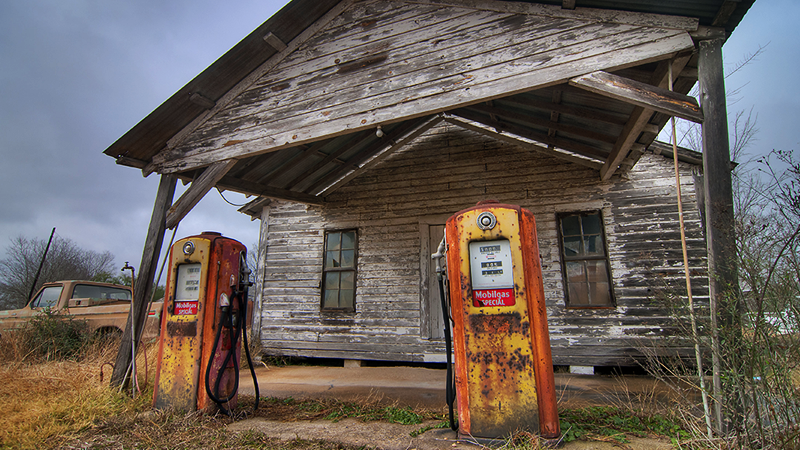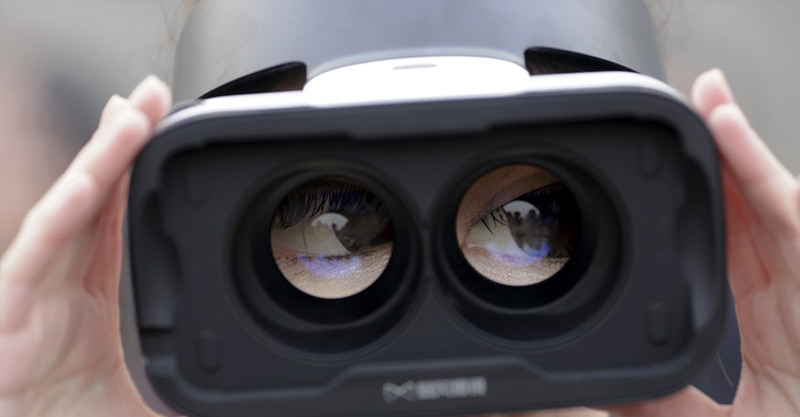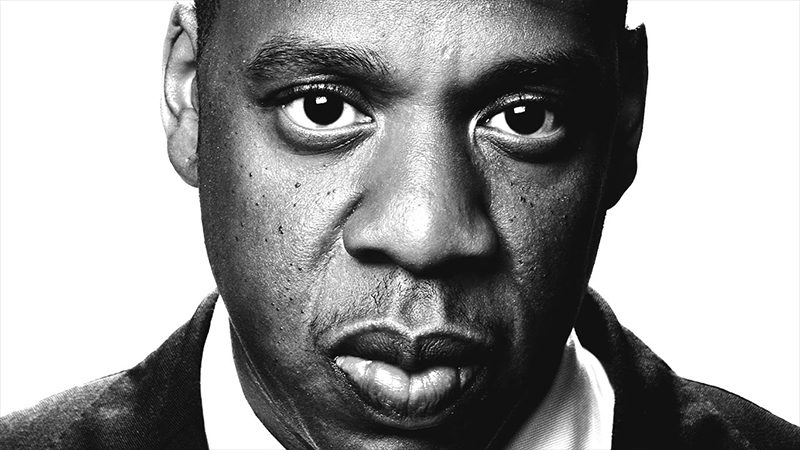Here’s a problem I have. In various contexts — online, with family, during public events — I keep hearing from believers who take great pains to convince me they don’t hate gay people. Jesus never said anything about it, they tell me, and scripture has been misinterpreted, and the real sinners are homophobes, so for heaven’s sake let that be the end of it. I find that conversation hard, mainly because it never feels like it’s meant to be a conversation. I get the sense I’m expected to nod and sympathise, that my role in the discussion is to validate their feelings, not say what I actually think. It’s as if only part of me gets invited to speak: I’m allowed to oppose religious homophobia as a queer person, but not to critique religion in other forms as a queer atheist. I’m not being asked to participate in a dialogue — just to tell Christians what they want to hear.
There are a lot of atheists who don’t like me. To them I represent ‘politically correct atheism’, a movement that includes minorities and cares about more than just feeling smug. But political correctness was never meant to be a byword for progressive goals. Being politically correct is about saying the permissible thing — the delicate, diplomatic, convenient, feasible, strategic, sayable thing — when provocation isn’t an option. Before it was an alt-right dogwhistle, it meant being insincere to avoid starting fights: meant politicians saying ‘There are differences between us’ instead of ‘We are enemies’ and ‘economical with the truth’ instead of ‘lying’; meant telling people what they wanted but not what they needed to hear. When Christians explain their pro-gay theology to me, I sense that what they want isn’t an answer but a string of platitudes. (Not all Christians are the Westboro Baptist Church. There are good and bad people of all religions and none. Yes, I hate Richard Dawkins too.) If anything feels PC, that does.









